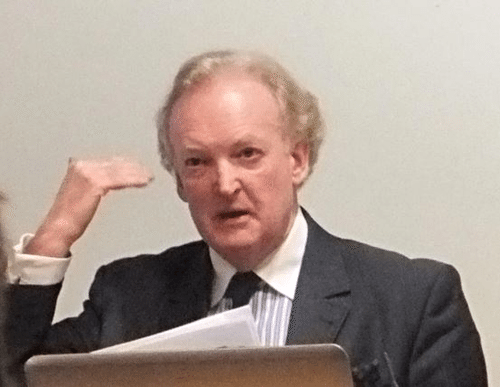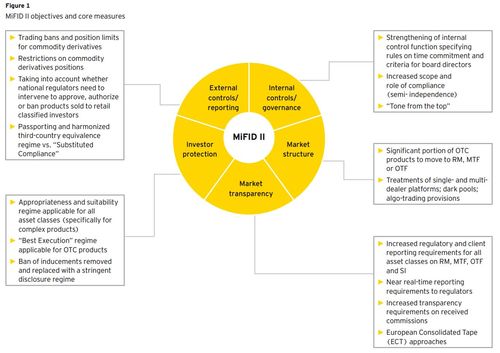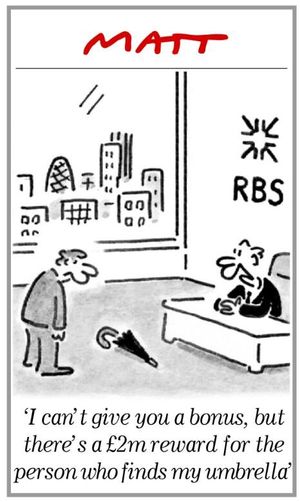
We had our usual first footing for the Financial Services Club this week, with an illuminating update from David Doyle, Policy Adviser on all things related to EU Financial Legislation.

The meeting usually delves deep into the drafting of the Payment Services Regulation II (PSD II) and the implementation of MiFID II (agreed this week).
This time, that was not the case.
This time, the dialogue was all about unification.
As I’ve said many times, a European Monetary Union (EMU) does not work without a European Banking Union (EBU), and so that’s what we are now implementing.
The reason it does not work is that I cannot think of any currency in the world where the movement, flows and operation of that currency change as you move around the country. Unfortunately, that is what happens with the Euro. Until we have a fully harmonised, unified and integrated banking system for the Eurozone therefore, we cannot have a fully operational currency.
That is not what David said by the way, but what my walkaway would be.
What David said was far more focused upon the drafting of the legislation and its implementation.
He laid this out with precision, starting with the core backdrop of what is happening in the European Parliament.
This year is an election year, with all Members of the European Parliament (MEPs) scrabbling around for votes in May.
That’s fairly distracting and means nothing will happen after around April 1.
The other key change is that Michel Barnier’s term in office as head of the Internal Markets is coming to an end at that time, as he wants Barosso’s job.
So who will take over as uber-chief of the financial system for Europe?
Probably a German if you ask me, and certainly not a Brit.
A Brit would cause too much division over the role of the City and its continual blocking of EU change.
Bearing in mind that the City is the Capital of Europe, from a financial markets views, this is unsurprising.
In fact, it made me laugh this week as we talked about bankers’ bonuses … that the new EU cap on bonuses* is damaging to competitiveness in Europe. As Goldmans pay their staff a bonus the equivalent of $383,374 for each and every employee this year, what does that mean for EU banks?
It means they look undesirable as an employment space.
Interestingly, in 1986 when we had the Big Bang, we all thought that Frankfurt was going to take over as the financial capital of Europe. It didn’t happen. Why? Partly because of deregulation of the City but also, in part, that the City has more people working there than the total number of people who live in Frankfurt.
Frankfurt Population: 691,518 people
City Population: 300,000 workers, but if you add on Canary Wharf (100,000 workers) and the related industries that serve finance (accountancy, audit, consultancies, law firms, restaurants, bars, transport, etc) you are soon over a million
The real battle therefore is not between London and Frankfurt, but London and New York, and the bonus debate should be more about the competition between the City and the global financial centres, than about bonus caps in Europe which damage its competitiveness.
Anyway, I digress again.
What is happening in EU regulation?
A lot.
There’s a whole ton of Directives bubbling away:
- Capital requirements Directive/Regulation IV
- Remuneration and bonuses
- Banking Union: ECB supervisory powers, Bank Resolution, Deposit Guarantee
- Alternative Investment Fund Management
- EMIR: OTC derivatives, CCPs, trade repositories, short-selling
- Insurance Mediation Directive
- Solvency II
- Packaged Retail Investment Products Regulation
- UCITs IV + Asset Management
- Credit rating agencies
- Shadow Banking
- Bank Structures
- MiFID II
- Market Abuse Directive
- EU Mortgage Credit Directive
- Pensions
- Corporate governance reform within financial institutions
As mentioned, not much will happen after April 1 but the bottom-line is that there has been a fundamental shift in EU thinking. The culture of regulation in Europe has changed. The mentality is now far more about regulating the system than the markets.
This is why there are far fewer Directives being drafted and far more regulations.
Regulations have to be enforced; Directives just have to be followed.
The culture has also moved from dialogue and consensus to a far more centralised, pan-European approach.
In other words, the EU is finally enacting regulations with powers given to the European Central Bank to enforce them.
The European Central Bank (ECB) is “the new sheriff in town”, under the single supervisory mechanism, and has powers to:
- Monitor capital, liquidity and leverage requirements;
- Authorise and revokes ban licence;
- Enforce recovery plans;
- Conduct stress tests;
- Approve bank mergers & acquisitions (domestic and cross-border);
- Supervise early intervention in case of breaches of prudential rules (recovery plans, intra-group financial support arrangements, etc.);
- Request information directly from banks, conduct office visits, investigate; and
- Impose restrictions on bank lending.
You can read more of David’s views by checking out his slide deck:
MiFID II Summary (doubleclick image to enlarge):

From Ernst & Young’s report on MiFID II
PSD II Key Changes include:
- Changes to scope;
- Changes to the conduct of business regime, including on security, liability, access to third party payment service providers, and complaints handling;
- Changes to agent, passporting and safeguarding requirements;
- Caps on domestic and cross-border interchange fees;
- Removal of certain card scheme restrictions; and
- Increased transparency.
From Hogan Lovell’s Briefing on EU proposals for a second Payment Services Directive and new Interchange Regulation
* Postnote:
The EU has limited bonus payments to a multiple of salary. This is a maximum in any year of the equivalent of the salary for that year, or up to two times the total salary if given shareholder approval.
Banks have already found ways around the rule by awarding gifts that do not count as salary or bonus.

Chris M Skinner
Chris Skinner is best known as an independent commentator on the financial markets through his blog, TheFinanser.com, as author of the bestselling book Digital Bank, and Chair of the European networking forum the Financial Services Club. He has been voted one of the most influential people in banking by The Financial Brand (as well as one of the best blogs), a FinTech Titan (Next Bank), one of the Fintech Leaders you need to follow (City AM, Deluxe and Jax Finance), as well as one of the Top 40 most influential people in financial technology by the Wall Street Journal's Financial News. To learn more click here...

